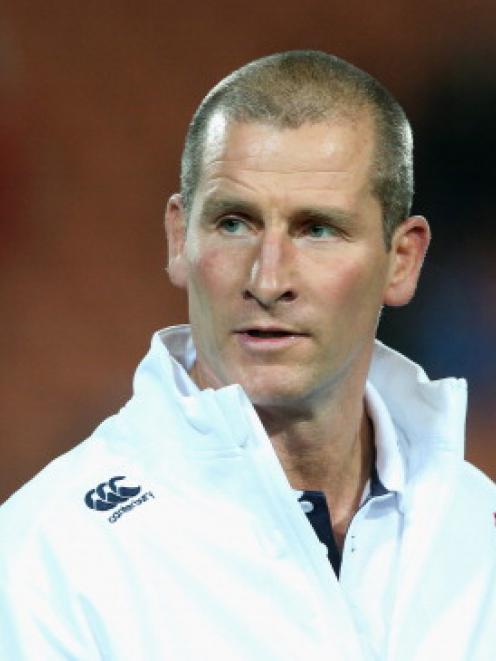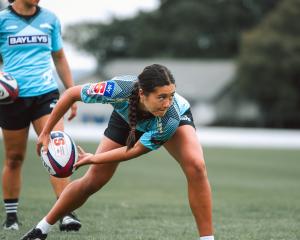
Those hopes perished for the third straight week in Hamilton against an All Black side which began with such a lethal edge they had the result sorted by halftime.
England's only solace was an improved spell after the break and a glance at the calendar which shows they get a crack at redemption in four months at Twickenham.
Usually the hemispheres have to wait a year until their chance for payback but this November they clash again before they settle into their runs to the World Cup.
For coach Stuart Lancaster, the obvious conclusion was the All Blacks were the benchmark for others to emulate. England had been encouraged by parts of their work but the gap between the sides was most noticeable on attack.
England threatened but the All Blacks delivered.
"It is about applying the lessons now and making sure all of the players are aware of what is required to win at the very highest level and we use the pre-season well," Lancaster said.
"And at the start of the season we obviously encourage our top players to play with the intensity of what they have just been through so that when we get to that New Zealand game in the autumn series -- New Zealand, South Africa Australia -- we hit the ground running."
England's analysis showed the All Blacks' main strike plays stemmed from lineouts deep in enemy territory and not granting easy lineout possessions would be a strong response. More effective set-piece competition was essential.
They also had to look at how they defended when the All Blacks got quick ball from phase play and outflanked England's narrow defence.
"It becomes a numbers game really. We can put men into the breakdown but it leaves you short when they keep going so stopping it at source becomes the issue for us," Lancaster said.
"They showed once they got that good set-piece ball with Kieran Read's delivery from the top, that quick ball with good width makes it hard to defend. We have to slow the ball down or certainly stop the ball at source."
"What they do better than us is finish their line-breaks."
Aaron Smith's try in Hamilton was an example where he passed quickly and then backed up down the middle of the park to support and score. England's attacking game had moved up a notch but they had some way to go to match the enterprise and killer blows the All Blacks landed in the first half.
"They are still a benchmark for every international team I think," Lancaster said. "New Zealand were outstanding in the first half, very clinical and took their opportunities extremely well in difficult conditions.
"That said we created field position opportunities for them and that first half performance wasn't good enough."
Lancaster had not seen any signs his squad were thinking about their summer break or journey home before the test but it clearly had been a match too far for a few. Limited preparation for some like Dylan Hartley had also been a factor.
The major difference between the sides was the All Blacks' ability to take points when they gained ascendancy. Lancaster and his staff now had a much clearer picture about players they felt would make their top squad.
- Wynne Gray of the NZ Herald










